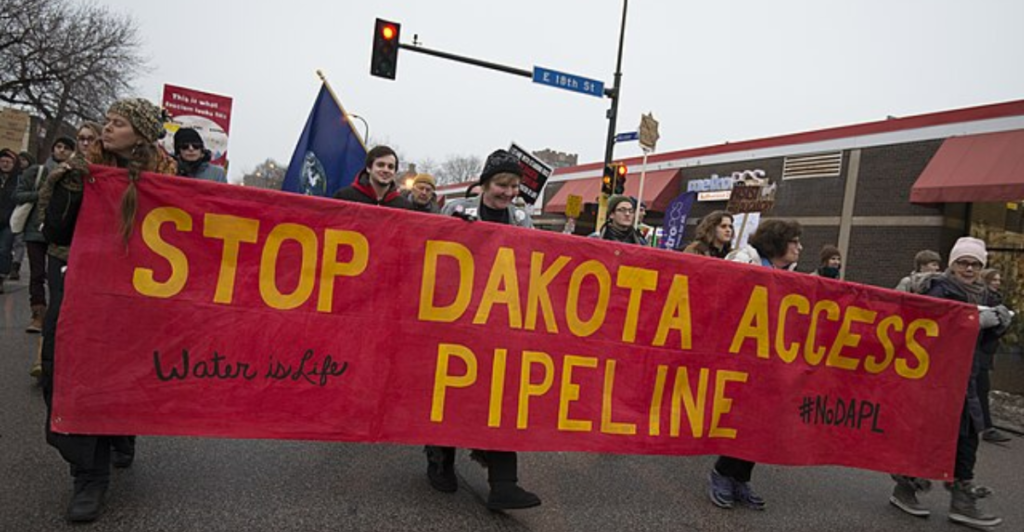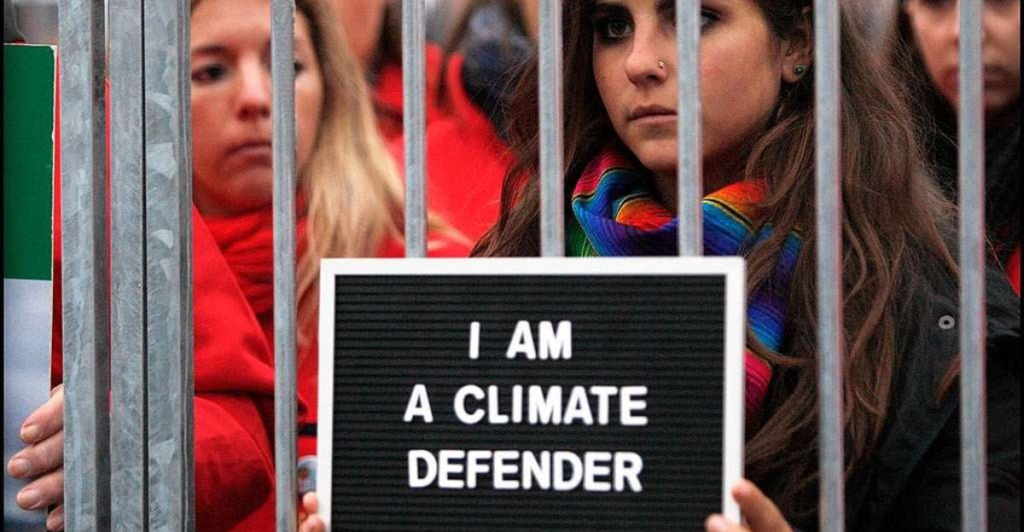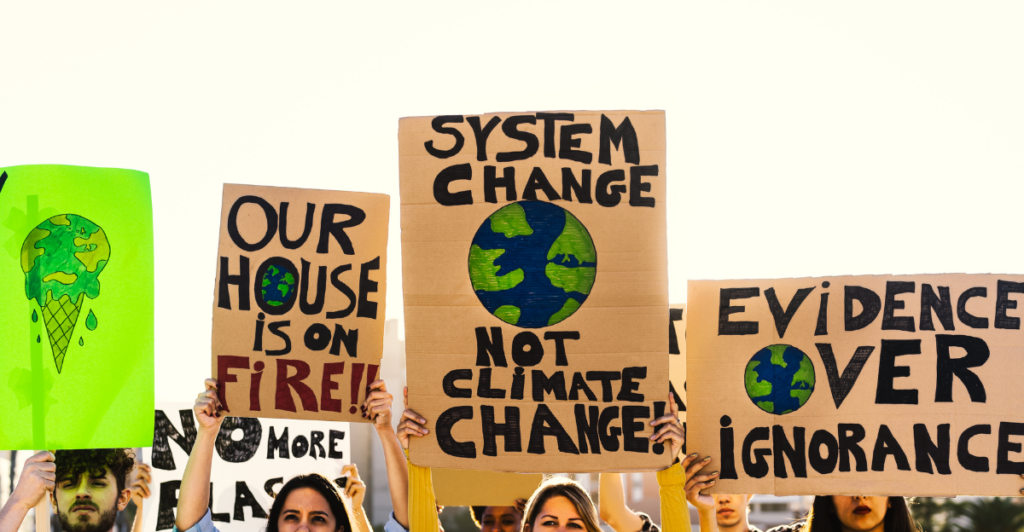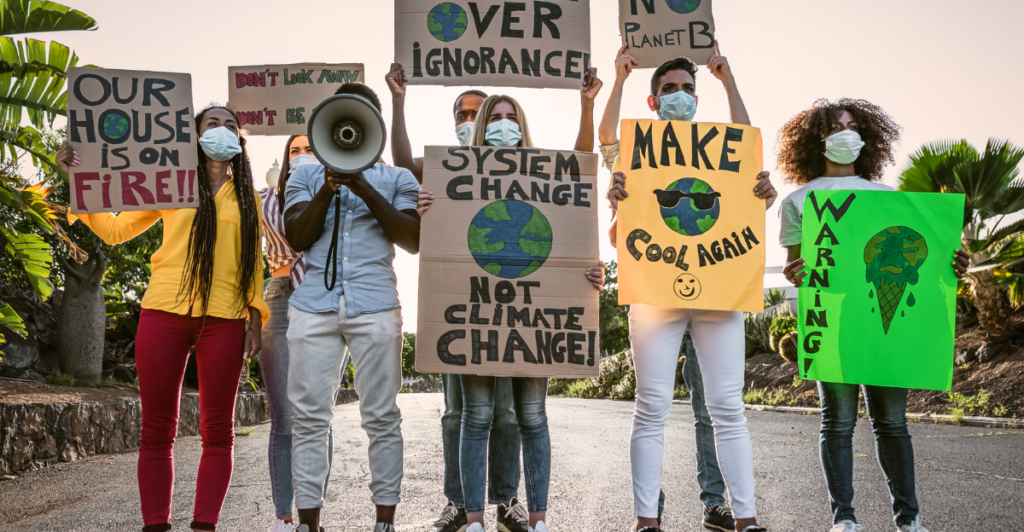
A North Dakota jury just awarded Energy Transfer over $660 million in damages from Greenpeace: a ruling that could reshape how environmental activism works in America. The oil giant accused Greenpeace of fueling protests that delayed the Dakota Access Pipeline and cost them millions.
Greenpeace says this lawsuit isn’t about justice, but about intimidation. They claim it’s a classic SLAPP suit, meant to punish them for protesting and send a warning to others.
Depending on what happens next, this could either strengthen the rights of corporations or set a chilling precedent for climate activism worldwide. Let’s break it all down.
Energy Transfer vs. Greenpeace: The Backstory

It started with the massive 2016–2017 protests against the Dakota Access Pipeline. Native tribes, environmentalists, and activists gathered at Standing Rock to block construction and protect water sources. Greenpeace was one of the many organizations supporting the protests.
Energy Transfer claims Greenpeace led a misinformation campaign that incited violence, trespassing, and damage to their project. They say the result was massive delays, increased costs, and harm to their reputation.
The case sat in legal limbo for years. But this March, it finally reached a jury, and the outcome was a shock to activists everywhere.
The Verdict: $660 Million in Damages

In March 2025, a Morton County jury ruled in Energy Transfer’s favor, ordering Greenpeace to pay $664 million in damages. The jury found Greenpeace liable for trespass, conspiracy, and interfering with Energy Transfer’s business operations.
Greenpeace denies any illegal behavior. They say they supported peaceful protest, not vandalism or sabotage. And they argue the real reason for this case is to shut down opposition to fossil fuel development.
The sheer size of the award has sparked global concern. Critics say it’s meant to bankrupt the group and scare off any future resistance to big oil.
Greenpeace’s Response: This Isn’t Over

Greenpeace has already vowed to appeal the verdict. They called it “outrageous” and claim the case violates their First Amendment rights to free speech and peaceful protest. Their legal team believes higher courts will overturn the decision.
The group says this lawsuit is a textbook SLAPP (Strategic Lawsuit Against Public Participation). SLAPPs are meant to bury critics in legal fees and silence activism through intimidation, not justice.
Their goal now is survival, legally and financially. But they also say this won’t stop them from speaking out against climate change and environmental harm.
Why This Case Is Different (and Dangerous)

Corporations suing activists isn’t new. But this case stands out because it actually went to trial, and ended in a crushing verdict. Most SLAPP suits get tossed early. This one didn’t.
Also, North Dakota has no anti-SLAPP laws. So Energy Transfer was able to bring the case there without the typical legal guardrails. Critics call this “forum shopping; picking courts most likely to deliver a favorable outcome.
If this becomes a trend, more activist groups could face financial ruin for protesting. It’s why this case is being watched so closely across the globe.
Meanwhile, in Europe: Greenpeace Fights Back

Greenpeace International has filed its own legal counterstrike, but in the Netherlands. They’re asking a Dutch court to stop Energy Transfer from enforcing the $660 million judgment in Europe, where Greenpeace holds many of its financial assets.
Under new EU rules, courts can block foreign judgments they see as abusive or meant to silence public participation. Greenpeace argues this ruling fits that bill.
If the Dutch court sides with Greenpeace, it could protect the group’s global operations — and set an international precedent for blocking SLAPP-style enforcement abroad.
The Bigger Picture: A Chill Over Climate Activism

For environmental groups, this case isn’t just a financial threat, it’s an existential one. If protesting a pipeline can lead to a billion-dollar lawsuit, what’s next?
Activists fear this sets a precedent where corporations can weaponize the courts to shut down movements before they even start. Even if they don’t win, the cost of defending these suits can bankrupt smaller organizations.
That’s why human rights and environmental groups are calling for stronger anti-SLAPP protections in the U.S. They say this verdict opens a dangerous door and once it’s open, it’s hard to close.
Energy Transfer’s Perspective: Accountability or Censorship?

Energy Transfer insists this isn’t about silencing critics, it’s about holding Greenpeace accountable for real damage. They claim false statements and coordinated interference hurt their business and endangered workers.
From their view, Greenpeace crossed a line from advocacy into sabotage. The verdict, they argue, simply reinforces the idea that actions have consequences even for nonprofits.
They also note the jury decision followed a full trial, with evidence and cross-examinations. It wasn’t handed down lightly, they say it reflects the law catching up to activism that went too far.
Could This Really End Greenpeace?

That’s the big question. Greenpeace is a global organization, but $660 million is no small sum. If they lose their appeal and the judgment holds, it could cripple their U.S. operations or force them to sell off assets abroad.
They’ve weathered plenty of legal fights before, but this is by far the biggest financial threat they’ve faced. Some fear the verdict could be used to pressure donors or partners into backing away.
Still, Greenpeace is rallying supporters, fundraising hard, and fighting back on every legal front. But the risk is real and existential.
What This Means for the Future

This isn’t just about Greenpeace or one protest. It’s about whether activism can survive when the courtroom becomes a battleground. The Energy Transfer case is being called a blueprint, one that other corporations may soon follow.
If the verdict stands, it could transform how activism is practiced in the U.S. and abroad. That’s why the stakes are so high and why the next appeal could change everything.
In the fight between fossil fuel giants and climate activists, this may be one of the most pivotal court battles yet. And it’s far from over.
Explore more of our trending stories and hit Follow to keep them coming to your feed!

Don’t miss out on more stories like this! Hit the Follow button at the top of this article to stay updated with the latest news. Share your thoughts in the comments—we’d love to hear from you!







